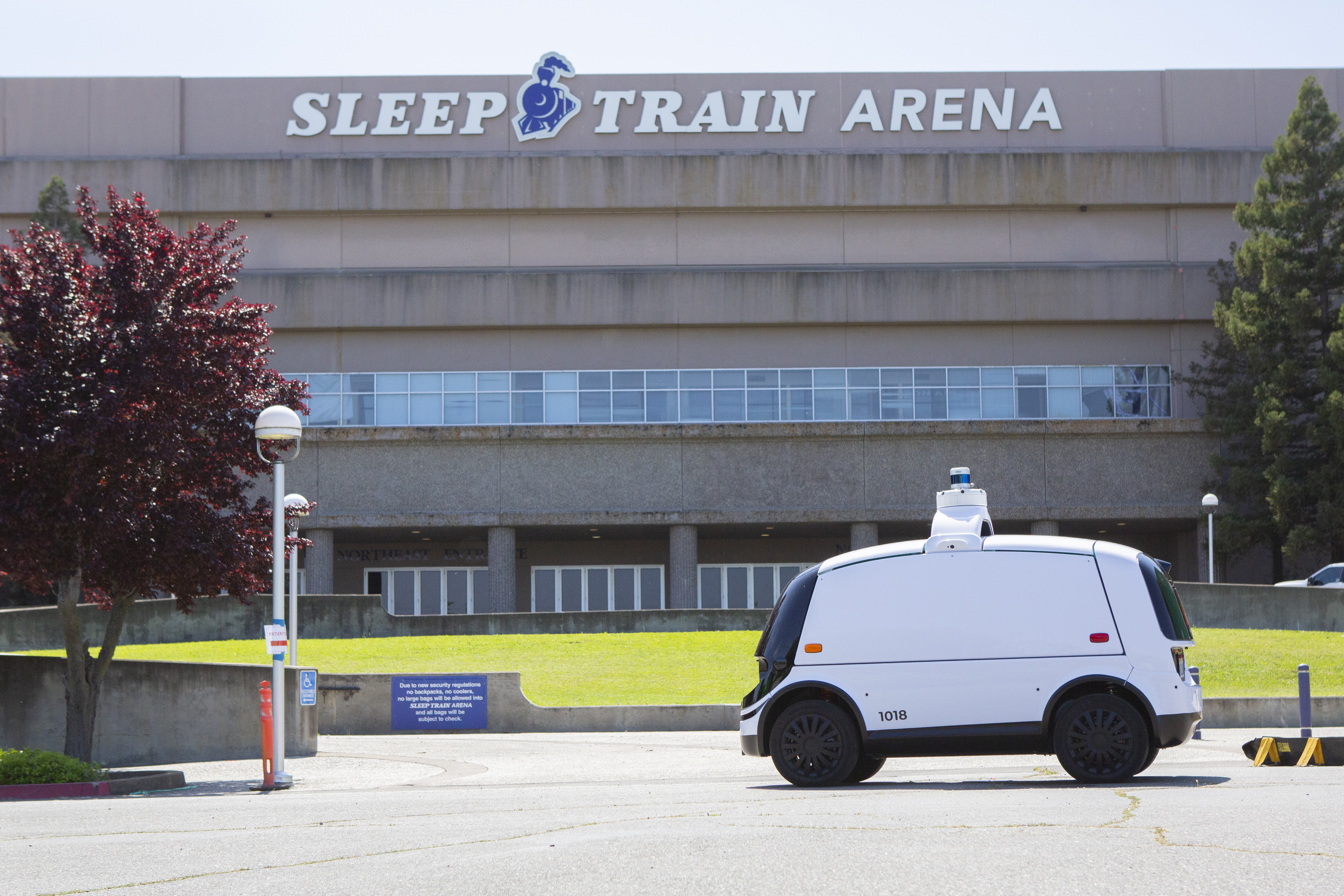Nuro, the autonomous robotics startup that has raised more than $1 billion from Softbank Vision Fund, Greylock and other investors, said Thursday it will test prescription delivery in Houston through a partnership with CVS Pharmacy. The pilot, which will use a fleet of the startup’s autonomous Toyota Prius vehicles and transition to using its custom-built R2 delivery bots, is slated to begin in June.
The partnership marks Nuro’s expansion beyond groceries and into healthcare. Last month, the startup dipped its autonomous toe in the healthcare field through a program to delivery food and medical supplies at temporary field hospitals in California set up in response to the COVID-19 pandemic.
The pilot program centers on one CVS Pharmacy in Bellaire, Texas and will serve customers across three zip codes. Customers who place prescription orders via CVS’ website or pharmacy app will be given the option to choose an autonomous delivery option. These pharmacy customers will also be able add other non-prescription items to their order.
Once the autonomous vehicle arrives, customers will need to confirm their identification to unlock their delivery. Deliveries will be free of charge for CVS Pharmacy customers.
“We are seeing an increased demand for prescription delivery,” Ryan Rumbarger, senior vice
president of store operations at CVS Health, said in a prepared statement. “We want to give our customers more choice in how they can quickly access the medications they need when it’s not convenient for them to visit one of our pharmacy locations.”
Nuro is already operating in the Houston area. Walmart announced in December a pilot program to test autonomous grocery delivery in the Houston market using Nuro’s autonomous vehicles. Under the pilot, Nuro’s vehicles deliver Walmart online grocery orders to a select group of customers who opt into the service in Houston. The autonomous delivery service involves R2, Nuro’s custom-built delivery vehicle that carries products only, with no on-board drivers or passengers, as well as autonomous Toyota Priuses that deliver groceries.
Nuro also partnered with Kroger (Fry’s) in 2018 to test autonomous Prius vehicles and its first-generation custom-built robot known as R1. The R1 autonomous vehicle was operating as a driverless service without a safety driver on board in the Phoenix suburb of Scottsdale. In March 2019, Nuro moved the service with Kroger to Houston, beginning with autonomous Priuses.
The company’s contactless delivery program shuttling medical supplies and food is also continuing. Under that program, which began in late April, Nuro’s R2 bots are used at two events centers — in San Mateo and the Sleep Train Arena in Sacramento — that have been turned into temporary healthcare facilities for COVID-19 patients. Nuro is delivering meals and equipment to more than 50 medical staff at both sites every week.
It’s unclear how long the field hospital program will continue. Last week, there were 25 patients across the two sites. The Sleep Train Arena is accepting patients through June 30 via California Office of Emergency Services. The hospital may be converted to a shelter for those affected by fires through the end of this year.
from TechCrunch https://ift.tt/2TMhOkW
via IFTTT

Comments
Post a Comment